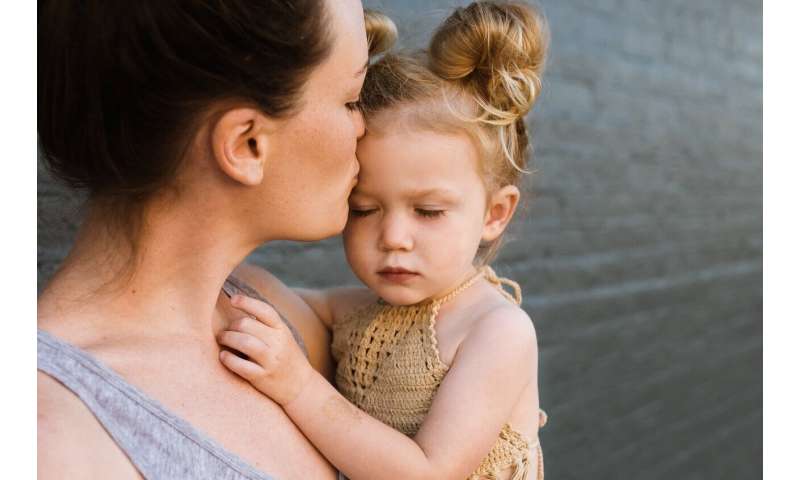Women may conceive after ovarian tumors


Women receiving fertility-sparing surgery for treatment of borderline ovarian tumors were able to have children, a study from Karolinska Institutet in Sweden published in Fertility & Sterility shows. Natural fertility was preserved in most of them and only a small proportion required assisted reproductive treatment such as in vitro fertilization. Survival in the group was also as high as in women who had undergone radical surgical for treatment of similar tumors.
“The ability to become pregnant seems to be preserved with fertility-sparing surgery, a knowledge that is absolutely critical for the advice and treatment given to young women with ovarian borderline tumors,” says the study’s first author Gry Johansen, doctoral student at the Department of Oncology-Pathology, Karolinska Institutet.
Earlier studies of fertility-sparing surgery (FSS) for borderline ovarian tumors (BOT) have primarily focused on the oncological therapeutic outcome, and knowledge about pregnancy and childbirth after FSS has been scant. In this study, researchers at Karolinska Institutet have also examined the effects of FSS on fertility in women of a fertile age treated for early-stage BOT.
Radical or fertility-sparing surgery
Every year, some 700 women in Sweden develop ovarian cancer. Up to 20 percent of ovarian tumors are BOTs, and of these a third are diagnosed in young women of fertile age. FSS—which preserves the uterus and at least parts of the ovaries—is the most common option for women wishing to preserve fertility.
The relapse risk after FSS is larger than after radical cancer treatment, in which the uterus and both ovaries are removed, but the advantages make it an accepted course of action for young women.
Data from several registries
The study is based on data from Sweden’s healthcare registers. The selection included all women between the ages of 18 and 40 who received FSS for early-stage BOT between 2008 and 2015, according to the Swedish Quality Registry for Gynaecologic Cancer (SQRGC). The control group were peers with similar tumors treated with radical surgery.
The women who had given birth after FSS were identified using the National Board of Health and Welfare’s Medical Birth Register and the National Quality Registry for Assisted Reproduction (Q-IVF).
In Sweden, assisted reproduction (IVF) is offered by the public health services and is free of charge for women under 40.
No difference in survival
Of the 213 women who underwent FSS between 2008 and 2015 in Sweden, 23 percent had given birth to 62 babies after treatment. A minority—20 women or 9 percent of the cohort—had undergone IVF. The women who had given birth after FSS were followed for 76 months, while the women who had not given birth were followed for 58 months.
The survival rate for the entire cohort of 277 women was an excellent 99 percent, and there was no difference between those who had received FSS and those who had undergone radical surgical cancer treatment.
Source: Read Full Article